Ice stupas are artificially engineered glaciers meant to inspire innovative thinking in response to climate change.
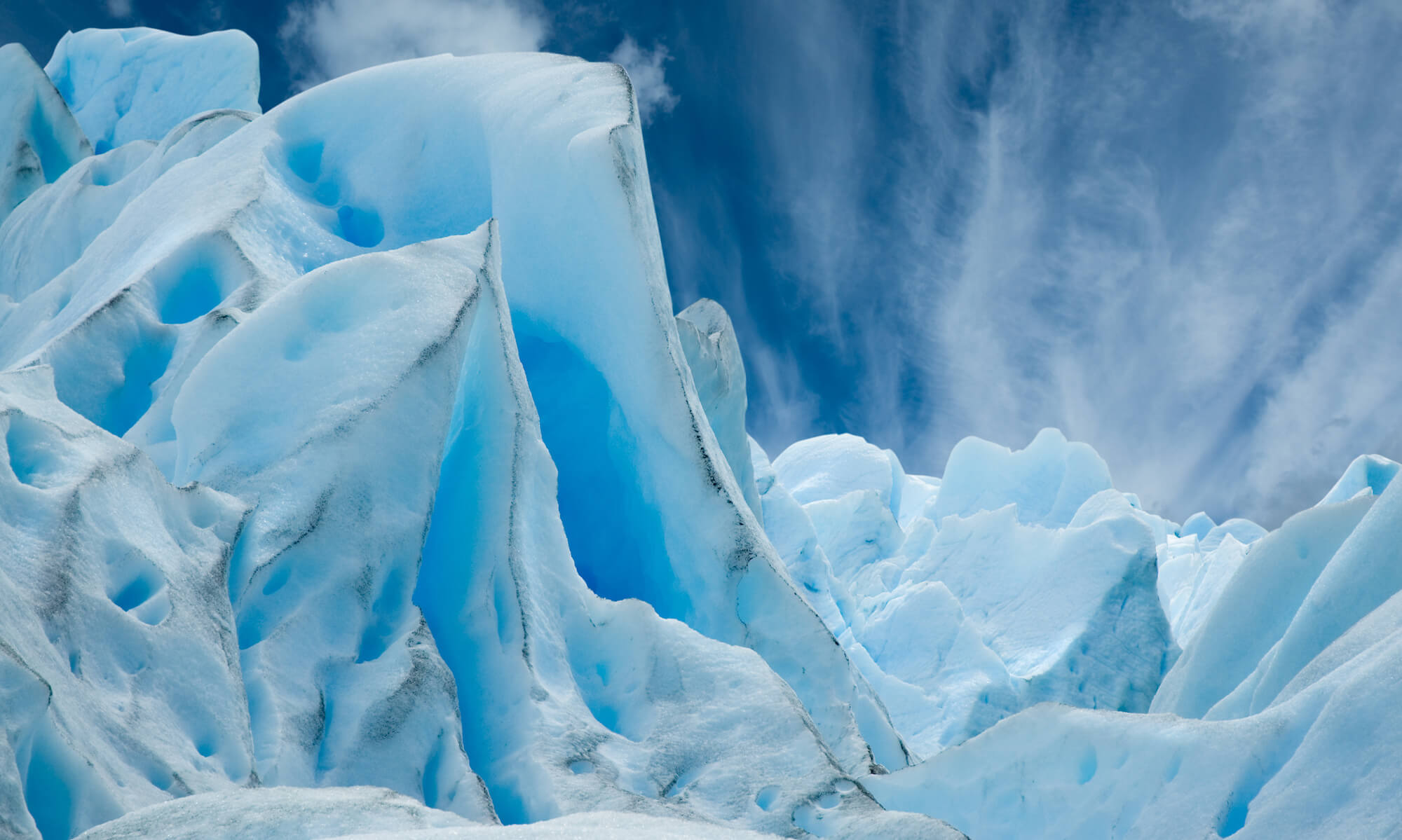

Ice stupas are artificially engineered glaciers meant to inspire innovative thinking in response to climate change.

Cancer is not a disease that people catch—instead, it is the result of mutations, or changes at the cellular level. Find out how these tiny changes can make things go very wrong.

As American settlers moved westward into the Great Plains, conflicts arose between cattle ranchers and farmers. Learn what role barbed wire played and how this change to the landscape affected this new nation’s bison population.
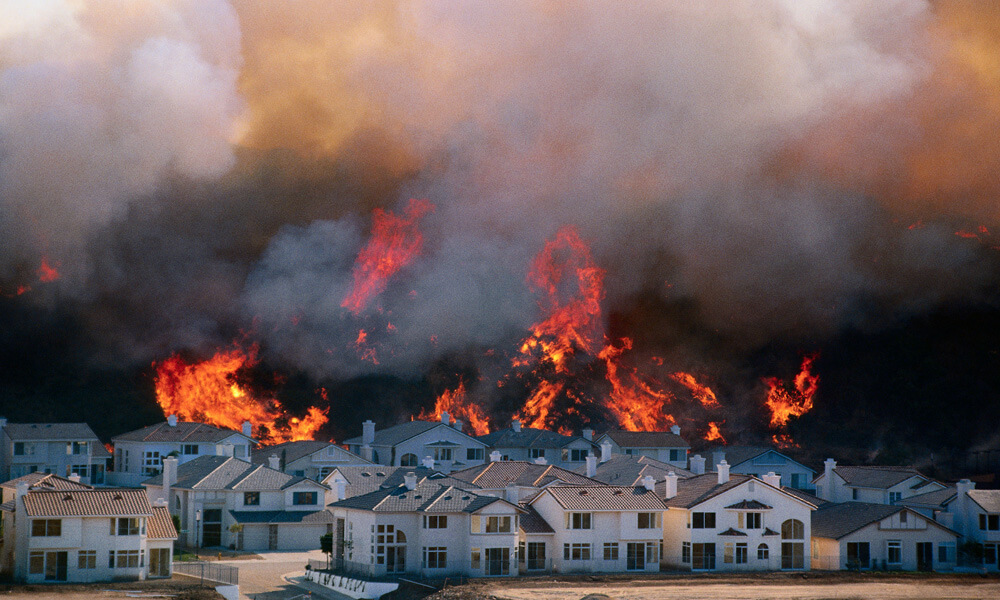
You may not think of climate change as an issue of public health. However, the doctors featured in this article view it as part of their responsibility to help to address the threats to human life and health posed by climate change, such as the devastation caused by increasingly severe wildfires.
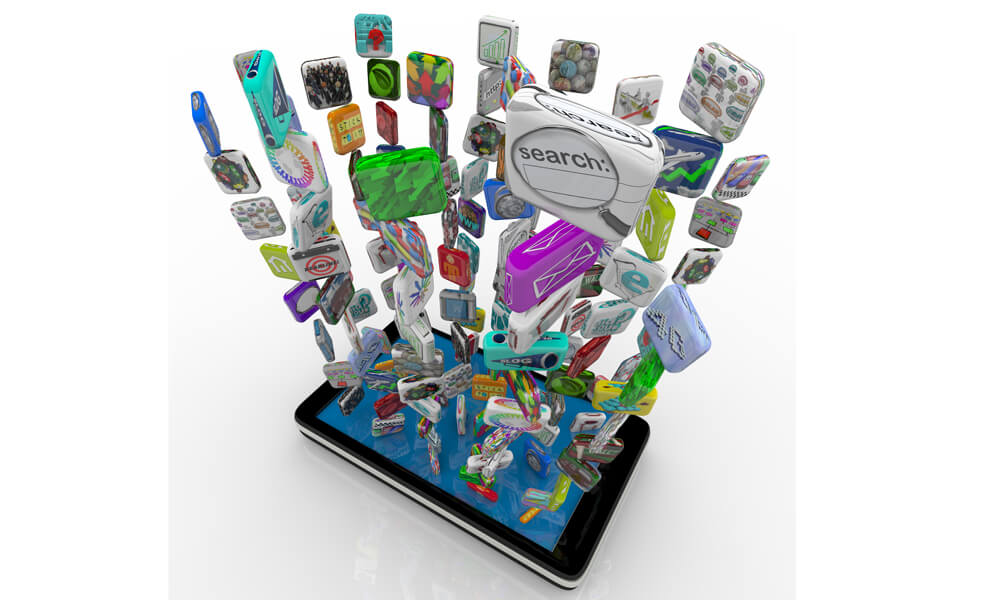
According to this article, the widespread use of smartphones and social media are two of the most significant developments of the past two decades. What are some of the other major ways the world has changed in the last 20 years?
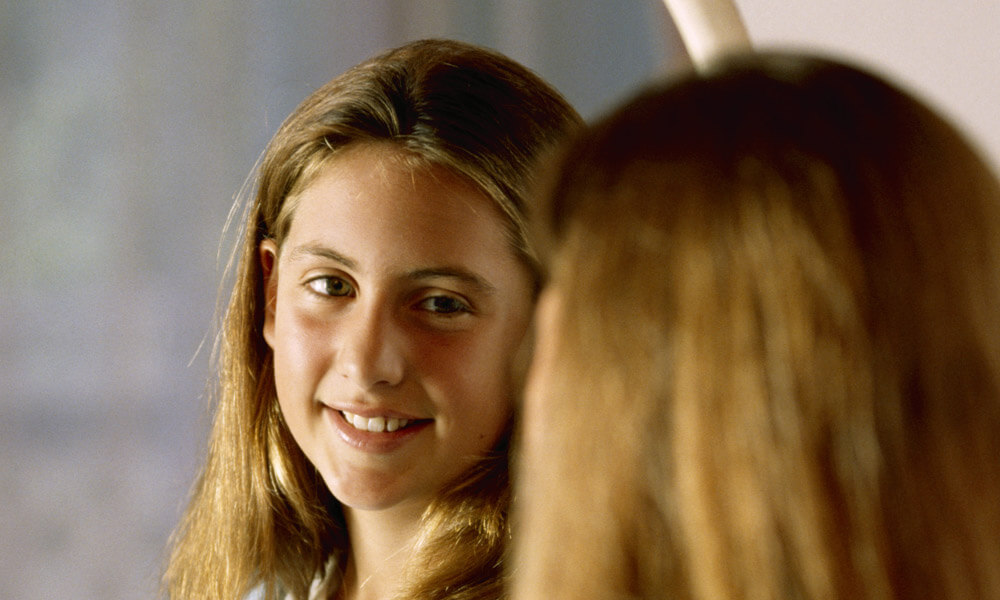
Click this link for some helpful tips about responding to change in your life, including a reminder that when things are shifting around you, it’s important to stay focused on who you are.

How is life changing for people in the Digital Age? Click here to read quotations by a number of experts in the technology industry to find out how they responded to this question.
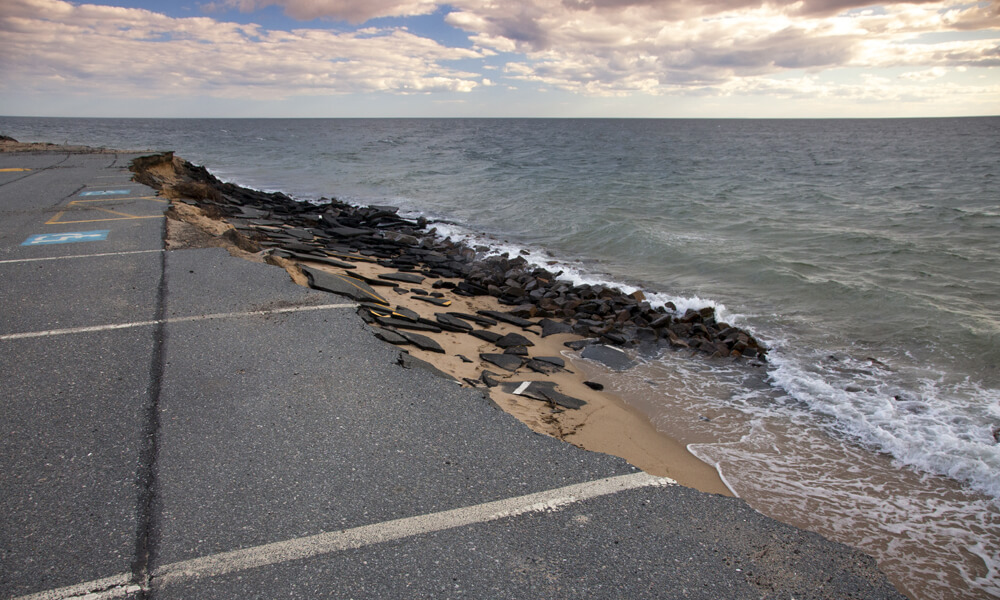
What are some of the ways people around the world are responding to changes in Earth’s climate? Read this article to find out.

Five mass extinctions—the die-off of a majority of species—have occurred in earth’s history. What causes these periodic extinctions? A sudden change in climate or atmosphere that living things can’t adapt quickly enough to survive. Find out what we know about these changes and what species were able to flourish in their wake.

The national archives of both Germany and Israel have laid claim to the writings of Franz Kafka, author of The Metamorphosis. Read to learn more about the influential author and the legal battle over his manuscripts.

How have the United States and the world changed in response to the terrorist attacks of 9/11?
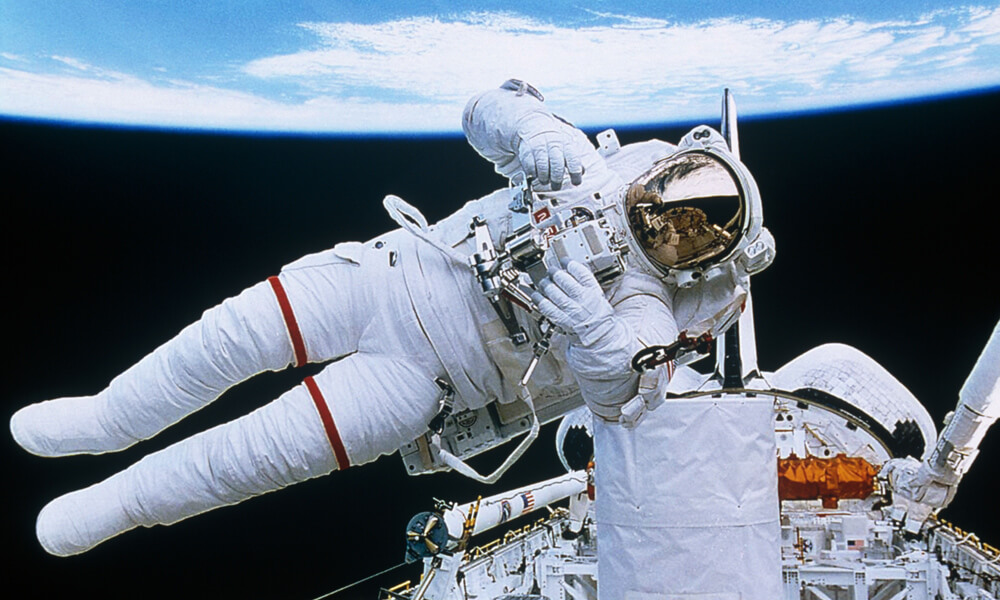
Did you know that astronauts actually grow taller while they’re in orbit? This article examines the ways the human body responds to life in space.

Thomas Riedelsheimer, director of the film “Rivers and Tides,” has teamed up with artist Andy Goldsworthy for a new documentary called “Leaning Into the Wind.” Read this review to learn more.
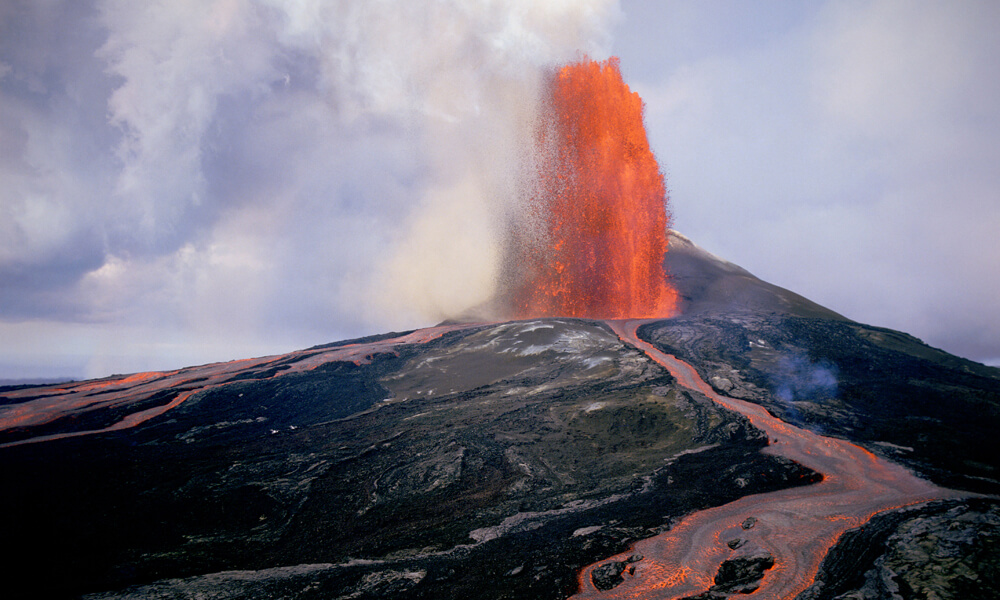
The eruption of Kilauea volcano has caused many Hawaiians to evacuate their homes. This article explains why experts are concerned about the slow-developing nature of this disaster and its potential to displace communities for an extended period of time.

Winner of the 2002 Pulitzer Prize for Breaking News Reporting, this analysis published on September 12, 2001, discusses how the previous day’s attacks might change day-to-day life in America.

A few years ago, Ron Finley decided to change his neighborhood’s lack of healthy foods. After an initial negative response from city authorities, his work is now educating and inspiring others to make positive changes through gardening.

Even a change that’s generally good can have negative consequences.
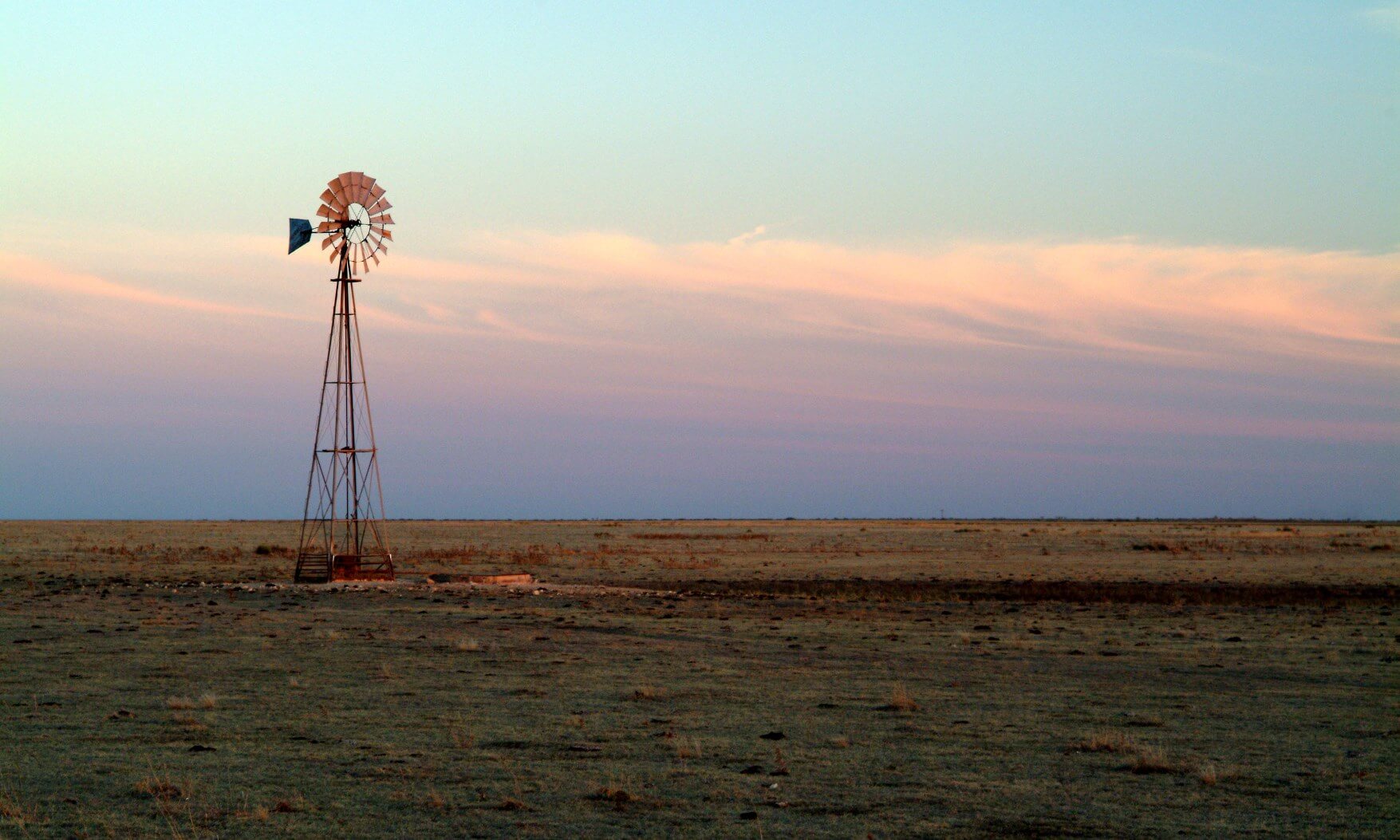
Unlike Andy Goldsworthy, artist Donald Judd created some of his best-known works with unmistakably man-made forms and materials. But changes in nature play a key role in his art as well, in the form of the ever-changing light of West Texas.
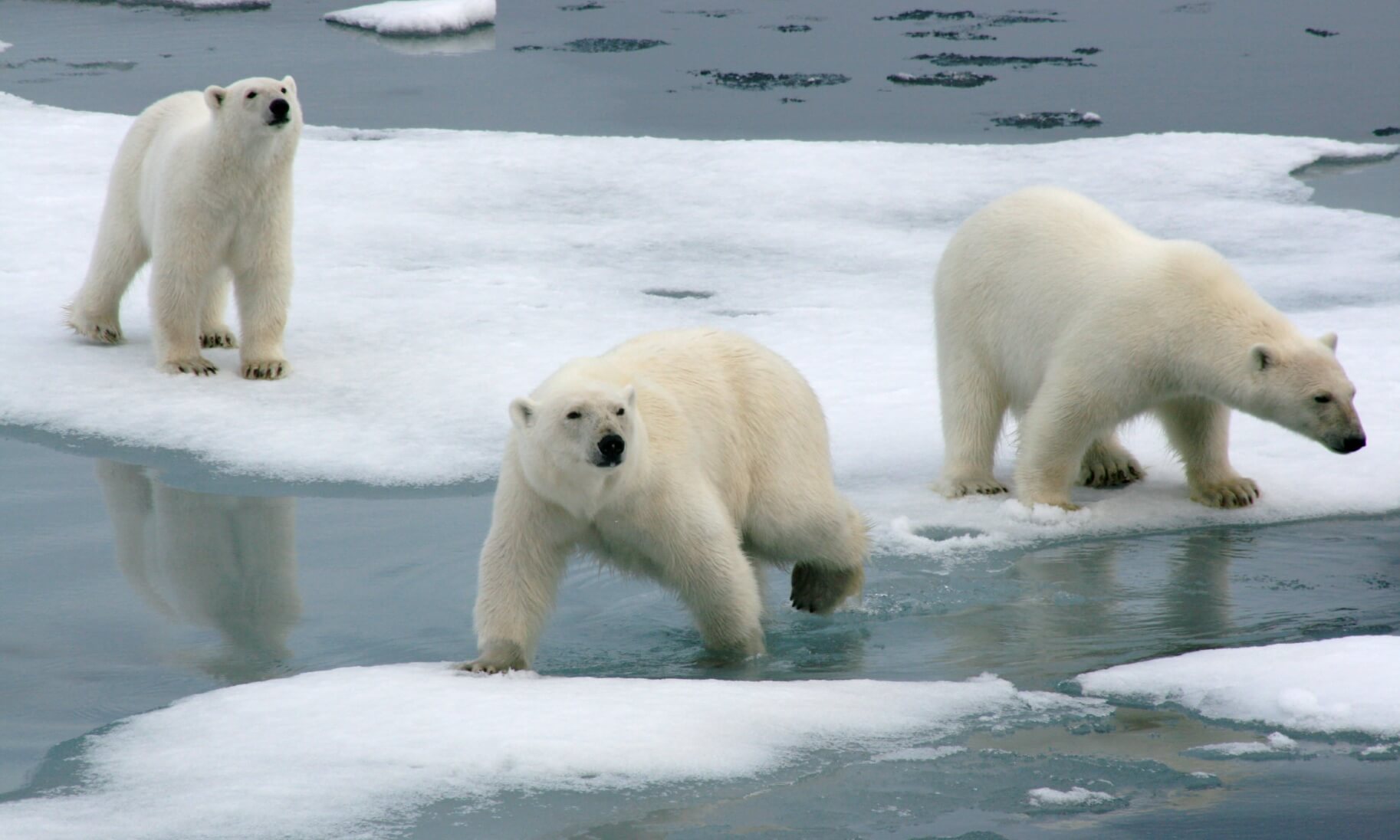
Climate change models are more complicated than you might think. Increasing temperatures change the way carbon is held in soil, water, and ice.
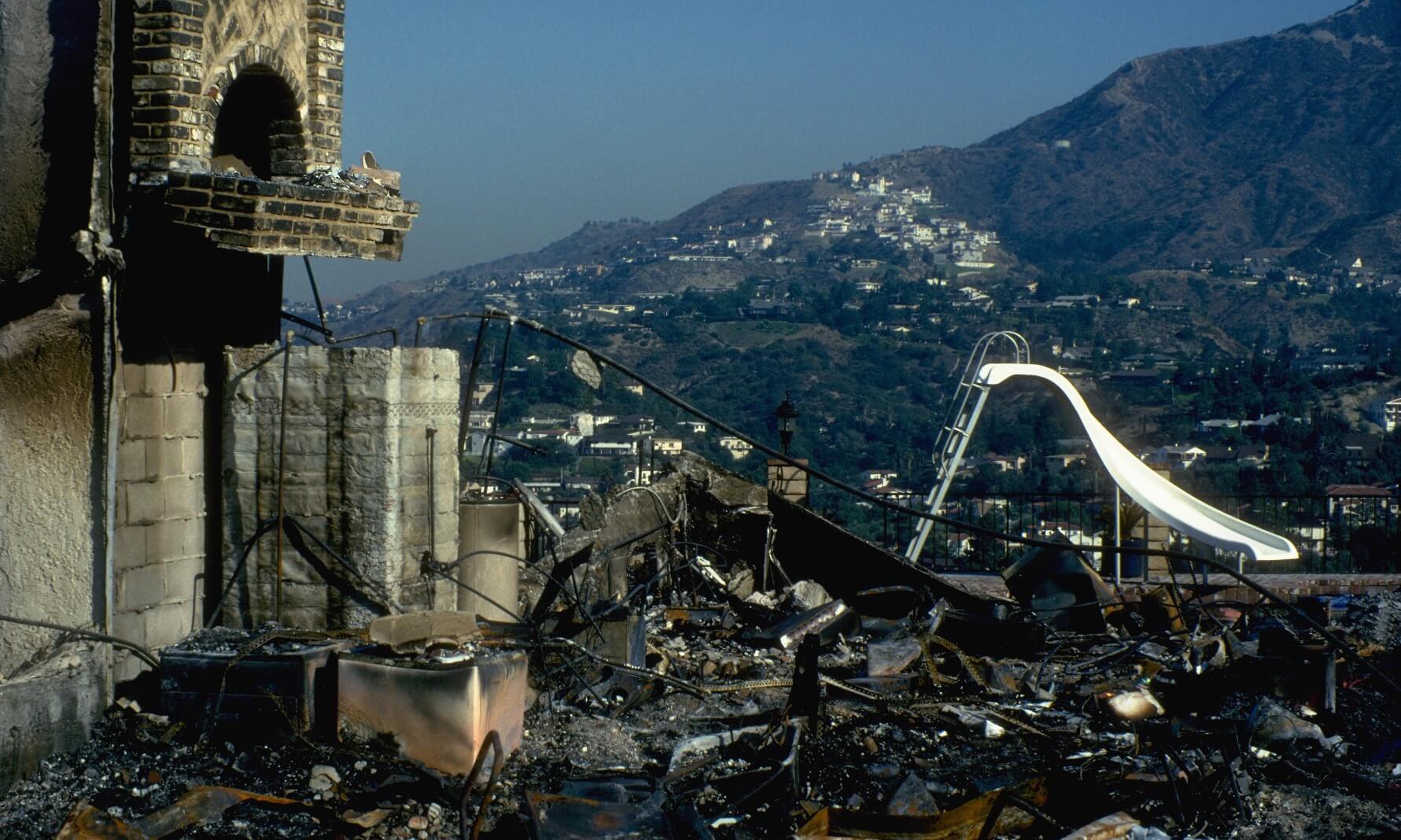
It’s not your imagination—California’s wildfires really are threatening more people and property than ever. Find out about the changes that are fueling the destruction.